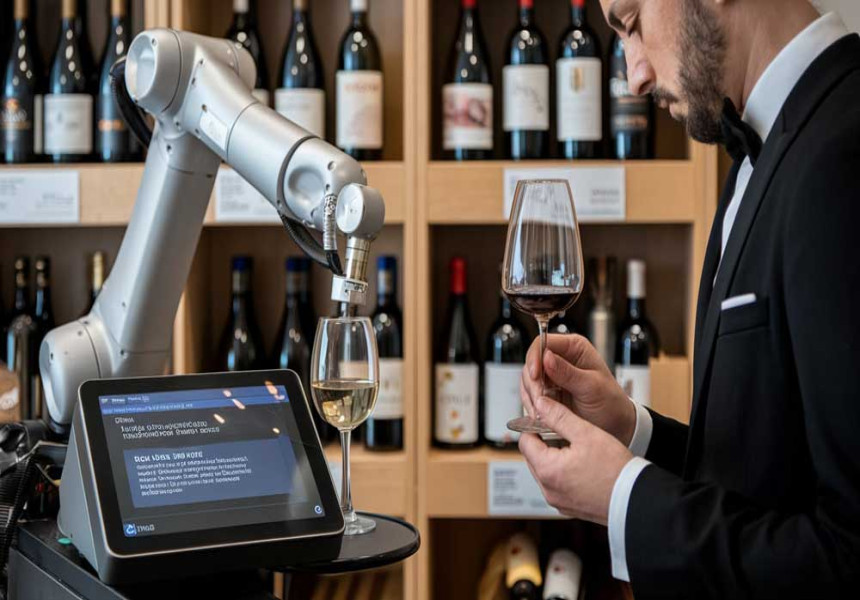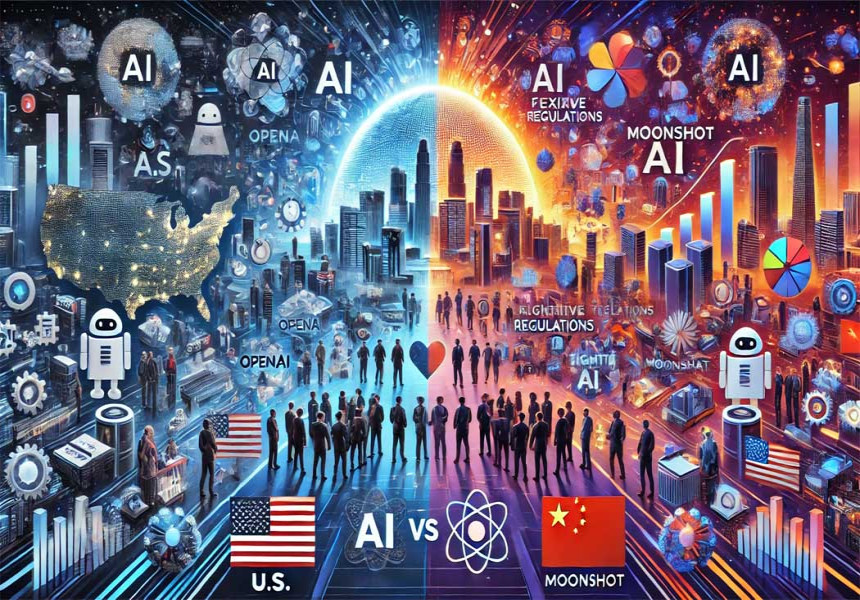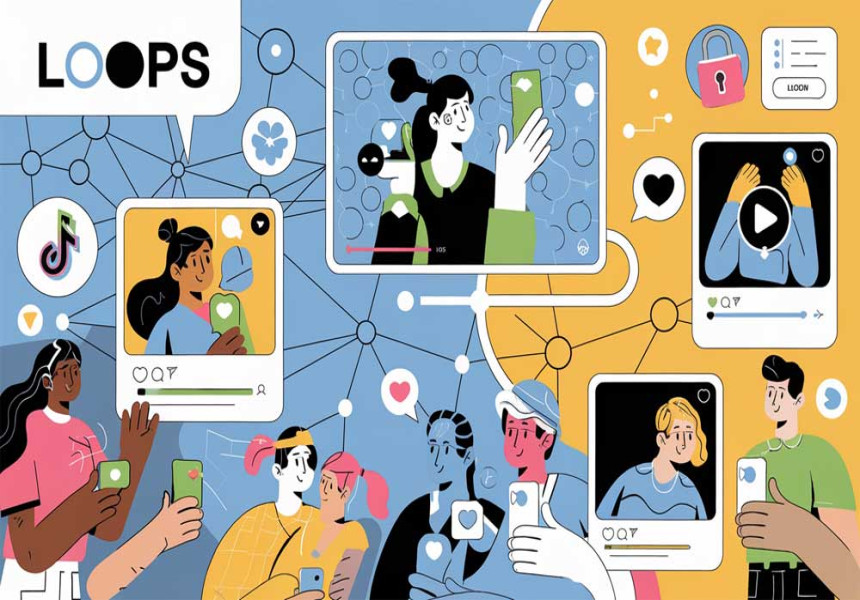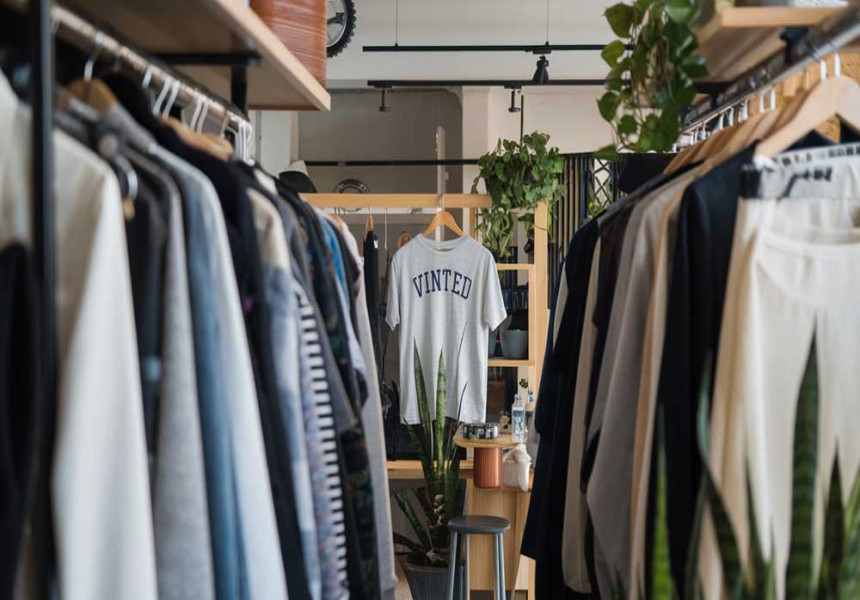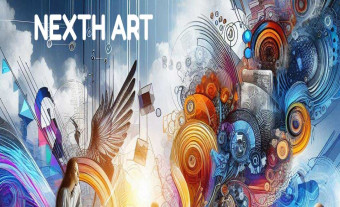The Rise of AI in Winemaking—Is Your Sommelier in Danger?
The wine industry is undergoing a significant transformation due to the rise of artificial intelligence (AI), which promises to optimize every stage of production—from vineyard management to winemaking and consumer interaction. This evolution raises important questions about how AI might impact the traditional role of the sommelier and the overall quality of the wine experience.
AI in Vineyards: Precision and Sustainability
One of the most significant applications of AI in viticulture is precision viticulture. Utilizing drones and IoT sensors, vineyard managers can monitor real-time conditions of soil and plants. These intelligent systems analyze data to suggest targeted interventions, such as irrigation or disease treatment, thereby reducing waste and improving grape yield. For instance, AI can help identify the optimal time for harvesting by analyzing weather patterns, soil moisture levels, and grape ripeness. This data-driven approach not only enhances the quality of the grapes but also contributes to sustainable farming practices by minimizing chemical usage and optimizing resource allocation. Moreover, AI technologies are being employed to monitor critical parameters like temperature and pH during fermentation. Advanced sensors provide winemakers with real-time feedback, allowing them to make necessary adjustments automatically. This ensures that each batch of wine achieves the desired flavor profile, resulting in higher quality products.
Innovations in Winemaking
In the winemaking process, AI plays a crucial role in controlling fermentation. Automated systems can adjust conditions based on data collected from sensors, ensuring that each batch meets specific quality standards. For example, if a fermentation tank shows signs of undesirable flavors due to chemical variations, AI can regulate temperature or aeration to correct the course. Additionally, machine learning algorithms are being utilized to analyze historical data from previous vintages. By identifying patterns and correlations, winemakers can predict outcomes more accurately and make informed decisions about blending and aging processes. This not only improves the consistency of wine but also allows for more innovative approaches to flavor development.
AI and Wine Tourism
Beyond production, AI is revolutionizing wine tourism as well. Platforms like WineSuite enable wineries to optimize business operations while enhancing customer interactions. Intelligent chatbots can gather information about visitors before their arrival, creating detailed profiles that improve customer experience and facilitate post-visit sales. These AI-driven tools can recommend specific wines based on individual preferences or even suggest food pairings tailored to guests’ tastes. By personalizing the experience, wineries can foster deeper connections with consumers and enhance customer loyalty.
The Future of the Sommelier
As AI continues to permeate the wine industry, questions arise about whether traditional sommeliers are at risk of becoming obsolete. While AI can provide personalized recommendations based on analytical data, many experts believe that it cannot fully replace the human touch. The personal interaction and ability to understand the nuances of taste remain unique skills possessed by sommeliers. Sommeliers bring a wealth of knowledge about terroir, grape varieties, and food pairings that AI simply cannot replicate. Their expertise lies not only in their ability to recommend wines but also in creating memorable experiences for guests through storytelling and personal engagement.
A Complementary Relationship
Rather than viewing AI as a threat, it is more productive to see it as a complementary tool for sommeliers and winemakers alike. By leveraging AI technologies, professionals in the wine industry can enhance their capabilities and focus on what they do best—crafting exceptional wines and providing outstanding service. For example, sommeliers can use AI-driven insights to refine their recommendations further or to discover new wines that align with their customers' preferences. This synergy between human expertise and technological advancement could lead to a richer wine experience for consumers.
In conclusion, while artificial intelligence continues to reshape the landscape of winemaking, it presents both challenges and opportunities for the industry. The technology has the potential to elevate production quality and improve consumer experiences; however, the value of human interaction within this sector remains irreplaceable. The true challenge will be finding a balance between technological innovation and human tradition in the world of winemaking—ensuring that both coexist harmoniously for years to come. As we look forward to this evolving landscape, one thing is certain: the future of wine will be as exciting as it is unpredictable.
